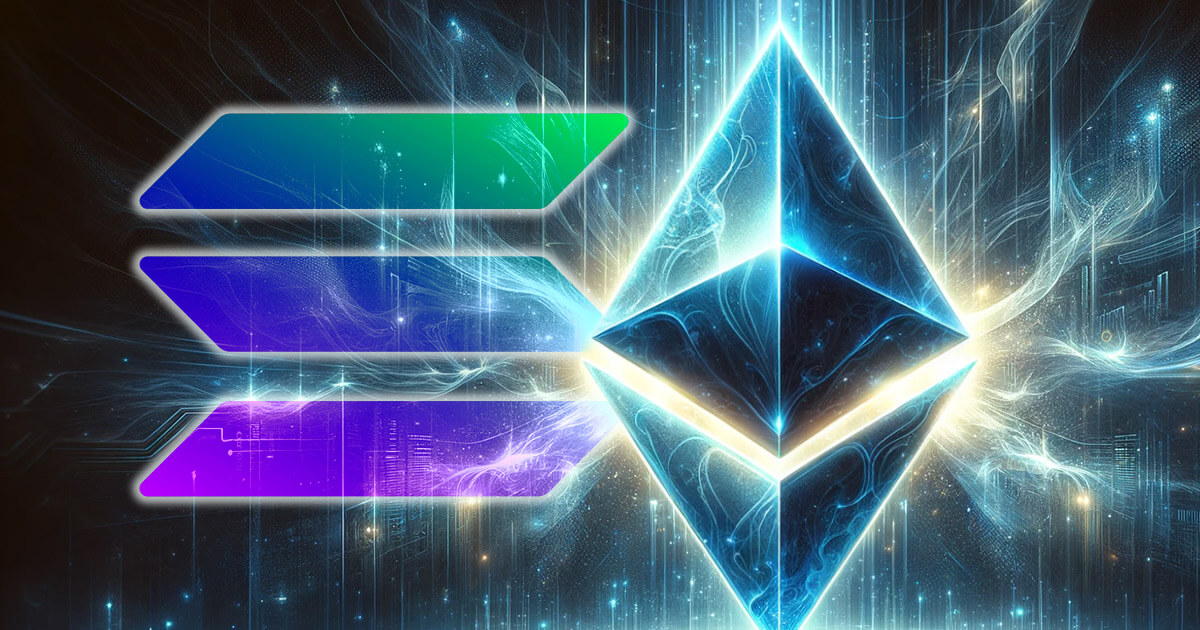Neon EVM unveils Solana-native framework for Ethereum dApp integration


Neon EVM announced a transformative Solana-native framework, unveiling a suite of features aimed at integrating Ethereum-based decentralized applications (dApps) with Solana’s ecosystem.
The new architecture, detailed in a comprehensive whitepaper published on Dec. 3, enables direct interaction between Solana wallets and Ethereum applications while leveraging Solana’s high-performance infrastructure.
The release introduces key capabilities such as Solana wallet compatibility for Ethereum transactions, an on-chain mempool for scalable execution, and intent-based operations allowing conditional transactions like automated token swaps.
With these innovations, users can sign Neon EVM transactions using Solana wallets, including Phantom, Backpack, and Solflare — eliminating the need for separate Ethereum wallets. The update significantly simplifies wallet management while ensuring users retain full control of their assets.
Neon EVM Chief Commercial Officer Davide Menegaldo emphasized the importance of the update, calling it a milestone in cross-chain functionality.
He said:
“This release unifies user experience and liquidity, providing a seamless bridge between Solana and Ethereum dApps.”
He added that the forthcoming Software Development Kit (SDK) would allow developers to fully explore these capabilities, paving the way for broader adoption of Ethereum-based applications on Solana.
The whitepaper also highlights infrastructure enhancements such as Associated Neon Accounts, which simplify liquidity management by linking Solana public keys to EVM-compatible addresses, and Controlled Transaction Trees, enabling atomic and parallel execution for complex applications.
Additionally, the on-chain mempool facilitates efficient scheduling and execution of transactions, reducing costs and improving scalability. The integration is set to benefit both users and developers.
Solana users gain access to Ethereum’s robust dApp ecosystem without leaving the Solana environment, while developers can deploy Ethereum applications with minimal friction by leveraging the network’s speed and efficiency. For DeFi platforms, the enhanced liquidity and reduced transaction costs could drive greater efficiency and adoption.
Neon EVM’s advancements mark a significant step in cross-chain collaboration, bridging two of the most dynamic blockchain ecosystems. By addressing challenges in interoperability and usability, the platform is poised to redefine how Ethereum-native applications interact with Solana’s infrastructure.
Mentioned in this article



